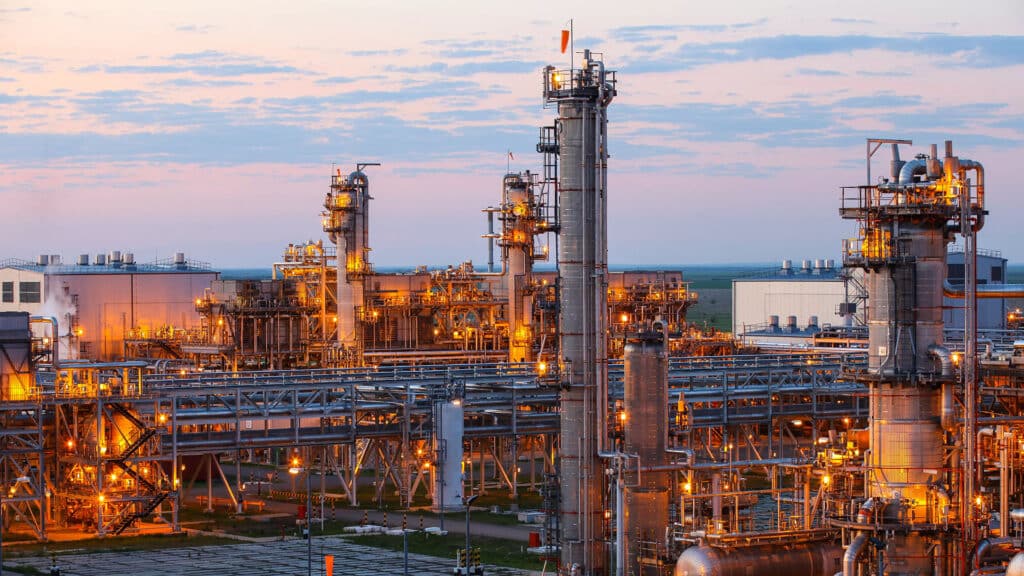Hyundai shows interest in constructing gas processing plant at Karachaganak

A consortium consisting of Hyundai Engineering and Sicim Kazakhstan may secure an EPC contract for the construction of a gas processing plant at the Karachaganak field within the next few days, according to Upstream Online.
«The government of Kazakhstan has given an ultimatum to the shareholders of Karachaganak Petroleum Operating B.V. (KPO), demanding a final decision on the construction of a natural gas processing plant by mid-June 2025. The government expects the plant to be built and commissioned by 2029. If KPO shareholders fail to make a decision by the deadline, the project will be transferred to a third-party investor,» PetroCouncil.kz reported, citing the aforementioned media outlet.
As reported, Hyundai Engineering’s offer was highly competitive, with the company proposing a construction cost of $3.9 billion, although KPO is expected to negotiate the price further. The publication also emphasized that Kazakhstan has set a strict deadline for Eni and Shell regarding the Karachaganak gas processing plant, as authorities are increasingly concerned about the project’s timeline, citing sources familiar with the ongoing negotiations between the government and KPO shareholders.
As of January 1, 2024, the remaining extractable oil and condensate reserves at Karachaganak — one of Kazakhstan’s three largest oil fields — were estimated at 253.2 million tons and 791.7 billion cubic meters, respectively, according to Energy Minister Almasadam Satkaliyev. He also stated that several investment projects are planned to maintain Karachaganak’s annual oil production at 11 million tons.
In 2023, KPO reported an output of 143 million barrels of oil equivalent, comprising stable and unstable liquid hydrocarbons, crude gas for export and purified gas for the domestic market. This represented a 10.9% increase compared to 129 million barrels produced in 2022. The company claims to have invested $31.3 billion in the field’s development.
The Karachaganak oil field has been under development since 1997, with estimated oil reserves of 1.2 billion tons and 1.35 trillion cubic meters of gas. Under the agreement between the international consortium participants — Shell (29.25%), Eni (29.25%), Chevron (18%), Lukoil (13.5%) and KazMunayGas (10%) — they are set to collaborate until 2037.

